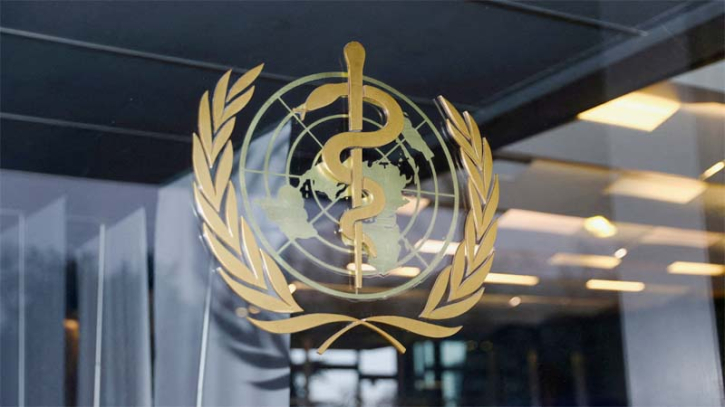Cholera Deaths Surge by 70% Globally Last Year: WHO

The World Health Organization (WHO) reported a sharp increase in cholera cases and deaths in 2023, calling for urgent action to combat this preventable disease. Cholera fatalities surged by 71 percent, and cases rose by 13 percent compared to the previous year, according to new data from the UN health agency.
"Cholera claimed 4,000 lives last year," despite being "both preventable and easily treatable," said WHO Director-General Tedros Adhanom Ghebreyesus at a press conference.
Tedros attributed the spike in cholera outbreaks to factors including conflict, climate change, poor access to safe water and sanitation, poverty, and displacement.
Regions most affected by cholera shifted significantly last year. While cases in the Middle East and Asia dropped by 32 percent, Africa saw a dramatic 125 percent increase in cholera cases, according to WHO data.
So far in 2024, over 342,000 cases and 2,400 deaths have been recorded globally, with 22 countries currently experiencing active outbreaks, Tedros said. Among the hardest-hit nations is Sudan, which declared a cholera epidemic last month following severe rainfall.
However, the true impact of the disease is likely much higher, said Philippe Barbosa, WHO’s technical lead on cholera. He cited modelling research that estimates roughly two million cholera cases and 100,000 deaths annually.
Barbosa stressed that "preventing these deaths costs just a few cents," emphasizing that the fatalities are "entirely morally unacceptable."
Tedros renewed his call for increased cholera vaccine production. In 2023, around 36 million doses were produced, half of what was requested by affected countries the previous year. Currently, only one manufacturer—South Korea's EuBiologics—produces cholera vaccines, and Tedros urged other companies to join in manufacturing efforts.
"While vaccination is a crucial tool, ensuring access to safe drinking water, sanitation, and hygiene is the only sustainable long-term solution to ending cholera outbreaks," Tedros added.
Cholera, which causes severe diarrhoea, vomiting, and muscle cramps, typically spreads through food or water contaminated with the bacterium Vibrio cholerae, according to the WHO.
 (5).png)








